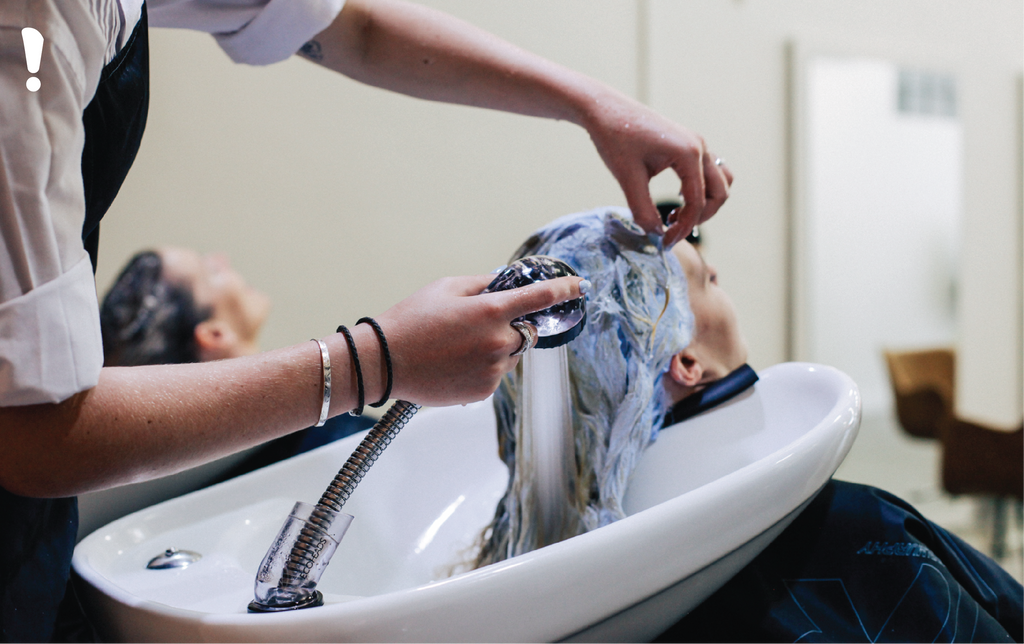They are making a few good annotation related to How to stop pipes from freezing during the winter in general in the content following next.

All homeowners who live in temperate climates should do their ideal to winterize their pipes. Failure to do so can lead to catastrophe like icy, split, or burst pipelines.
Switch on the Faucets
When the temperature level declines and also it appears as if the frigid temperature will certainly last, it will aid to transform on your water both inside and also outdoors. This will certainly keep the water flowing through your plumbing systems. You'll end up wasting gallons of water this way.
Open Closet Doors Hiding Plumbing
It would be valuable to open up closet doors that are masking your pipelines when it's cold outside. As an example, they could be somewhere in your cooking area or bathroom. This will certainly allow the cozy air from your heater to distribute there. As a result, you stop these revealed pipes from freezing. Doing this little method can maintain your pipes warm as well as restrict the potentially hazardous end results of freezing temperatures.
Take Some Time to Cover Exposed Pipeline
One great and also very easy hack to heat up cold pipelines is to cover them with cozy towels. You can cover them initially with towels. After safeguarding them in position, you can put boiling water on the towels. Do it gradually to allow the towels absorb the liquid. You can also utilize pre-soaked towels in hot water, just do not fail to remember to put on protective gloves to secure your hands from the heat.
Try a Hair Clothes Dryer or Warmth Weapon
When your pipes are nearly freezing, your dependable hair clothes dryer or warm weapon is a godsend. If the warm towels do not aid displace any kind of working out ice in your pipes, bowling hot air directly into them may aid. Do not use various other items that produce straight flames like an impact torch. This can result in a larger disaster that you can not regulate. You may wind up damaging your pipelines while trying to melt the ice. As well as over time, you might even wind up shedding your residence. So beware!
Turn off Water When Pipelines are Frozen
Turn off the main water valve right away if you observe that your pipelines are totally frozen or practically nearing that phase. You will normally discover this in your basement or laundry room near the heating unit or the front wall closest to the street. Turn it off right now to prevent more damage.
With more water, even more ice will certainly load up, which will ultimately lead to rupture pipelines. If you are unsure about the state of your pipes this winter, it is best to call a professional plumber for an examination.
All property owners that live in temperate climates have to do their ideal to winterize their pipes. Failure to do so can spell catastrophe like icy, split, or ruptured pipelines. If the warm towels do not help dislodge any working out ice in your pipes, bowling hot air directly right into them might aid. Transform off the major water valve promptly if you see that your pipelines are completely frozen or practically nearing that stage. With more water, more ice will stack up, which will ultimately lead to rupture pipelines.
PREVENT YOUR PIPES FROM FREEZING THIS WINTER
A Leading Cause of Property Damage
When the weather is taking a deep nose dive into the cold dreary days, the risk of your pipes freezing and potentially bursting skyrockets. Unfortunately, during these cold dreary months, burst pipes are the most common denominator for property damage. The pipes that are most at the risk are those that are in areas where it is most cold in your home. For instance, pipes located in interior places such as basements, attics, and your garage. Unfortunately, that doesn’t mean that the pipes running through your cabinets or exterior walls can’t freeze. Good news, however, is that you can do things to help prevent pipes from freezing.
How to Prevent Pipes From Freezing
Once the temperature starts to drop during the winter, you should be taking the proper measures needed to ensure that your pipes stay warm and that there is circulation of water through them. Some steps that experts may recommend could go against your better judgement when it comes to saving water and heat. However, it would go without saying that when expenses are compared, damaged pipes could put a bigger dent in your wallet than a water bill.
What Can I Do?
Keep your garage door closed. This is very important, especially if you have water supply lines running through your garage. Open your kitchen and bathroom cabinets to allow warm air to circulate through them. Allow air circulation throughout your home. Keeping the interior doors open will once again allow the warm air to circulate inside your home. Ensure your thermostat is running the same temperature throughout the night and day. If you plan to be away from home during the cold months, set your temperature no lower than 55° F. This should provide enough heat to keep the pipes warm and prevent any remaining water inside the pipes from freezing. For more of a long-term solution, add insulation to attics, basement, and other crawl spaces around your home. By allowing your faucet to drip, it will alleviate pressure in the system. This is important because the pressure that is created between the blockage and the faucet can potentially cause the pipes to burst. Allowing the faucet to drip will prevent the pressure from building up, therefore keeping the pipes from bursting. Seal any cracks, openings, and crawl spaces around your home to prevent cold air from coming inside. This keeps your pipes-not to mention your home-warmer and less susceptible to issues caused by freezing temperatures. For the pipes in your home that are easily accessible, applying electrical tape to them might prevent them from freezing over. This is a quick fix, as you can apply the tape directly to the pipe. There are two options for heating tapes. One turns on and off by itself when it senses heat is needed. The other type of heating tape needs to be applied when heat is needed and removed when not necessary. If you have exposed pipes in your home, you can check this website to take a look at a few options that would be available at a shop near you.

As an avid reader about Prevent Freezing and Bursting Pipes, I was thinking sharing that excerpt was important. Enjoyed reading our post? Please share it. Let others find it. We recognize the value of reading our article about Prevent Freezing and Bursting Pipes.
Immediate resolution offered.